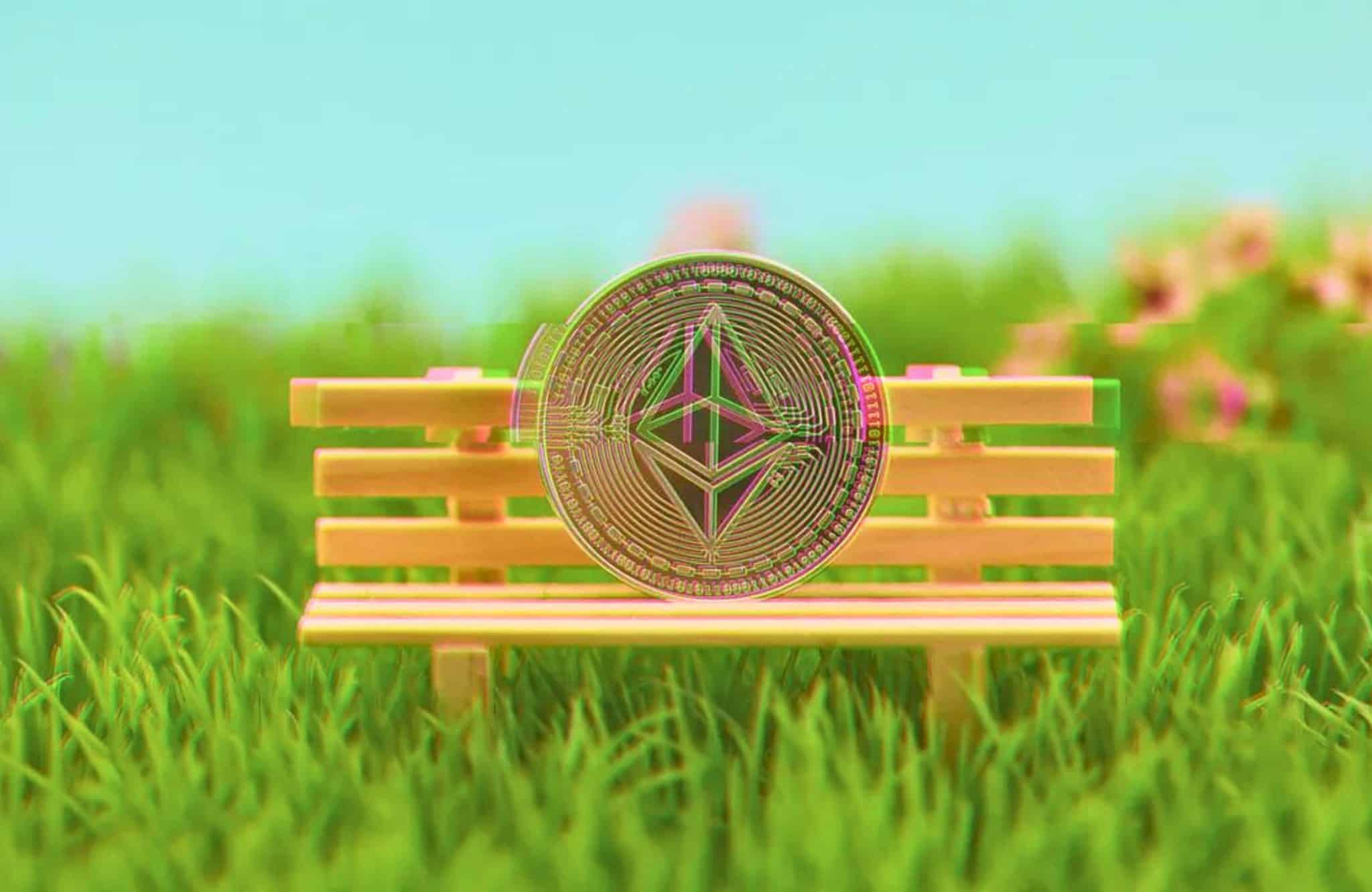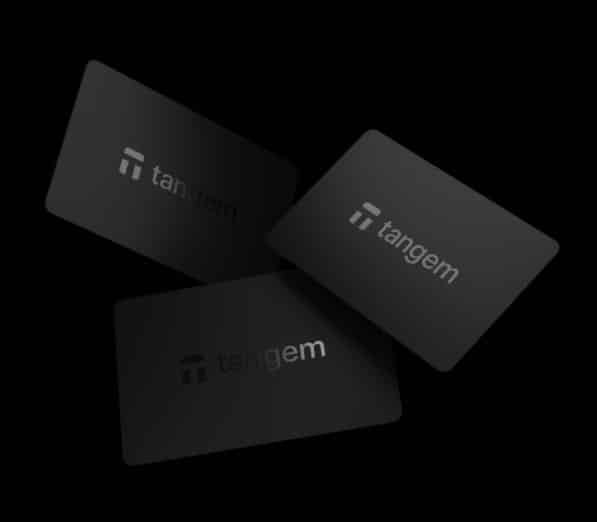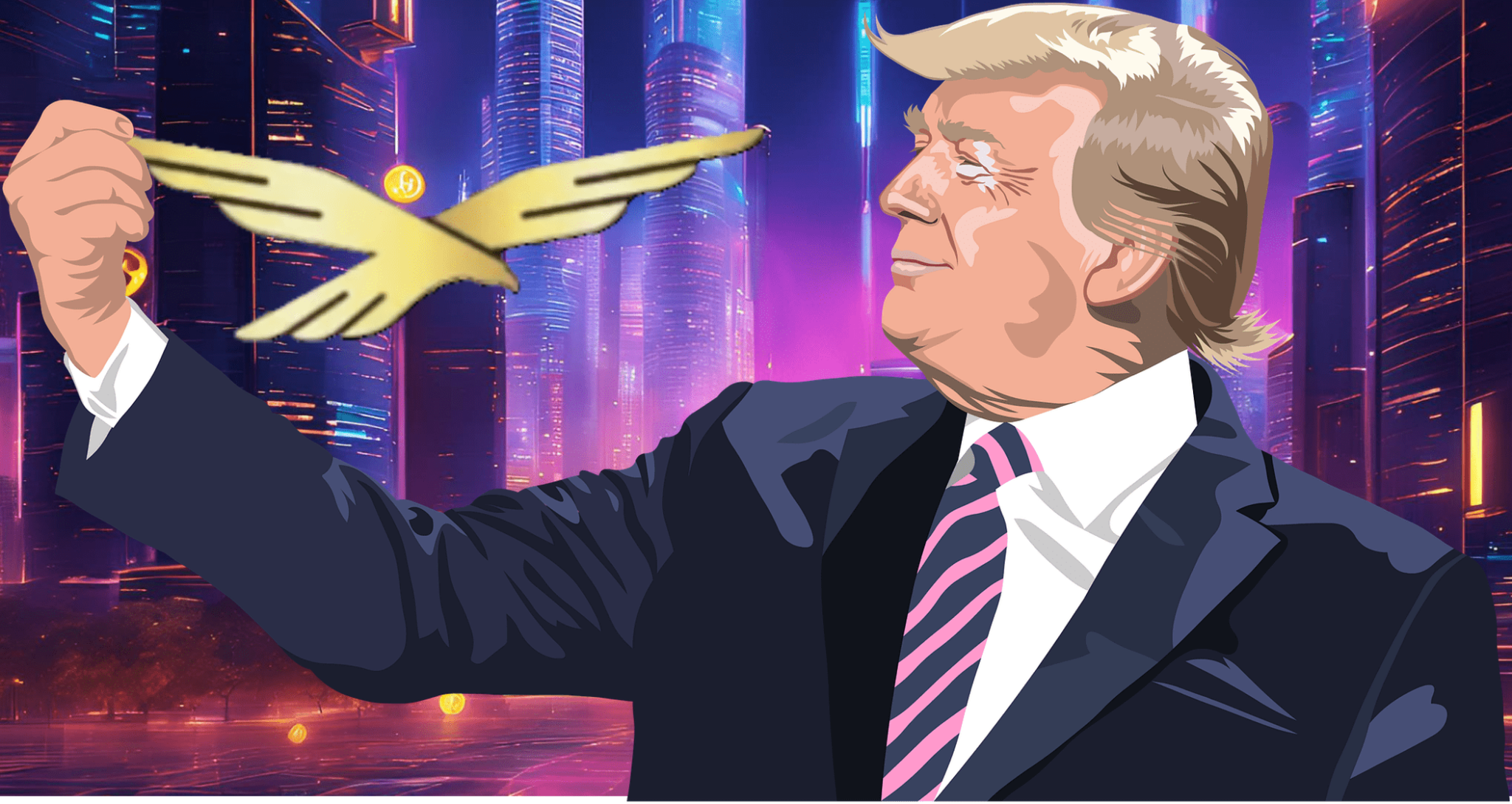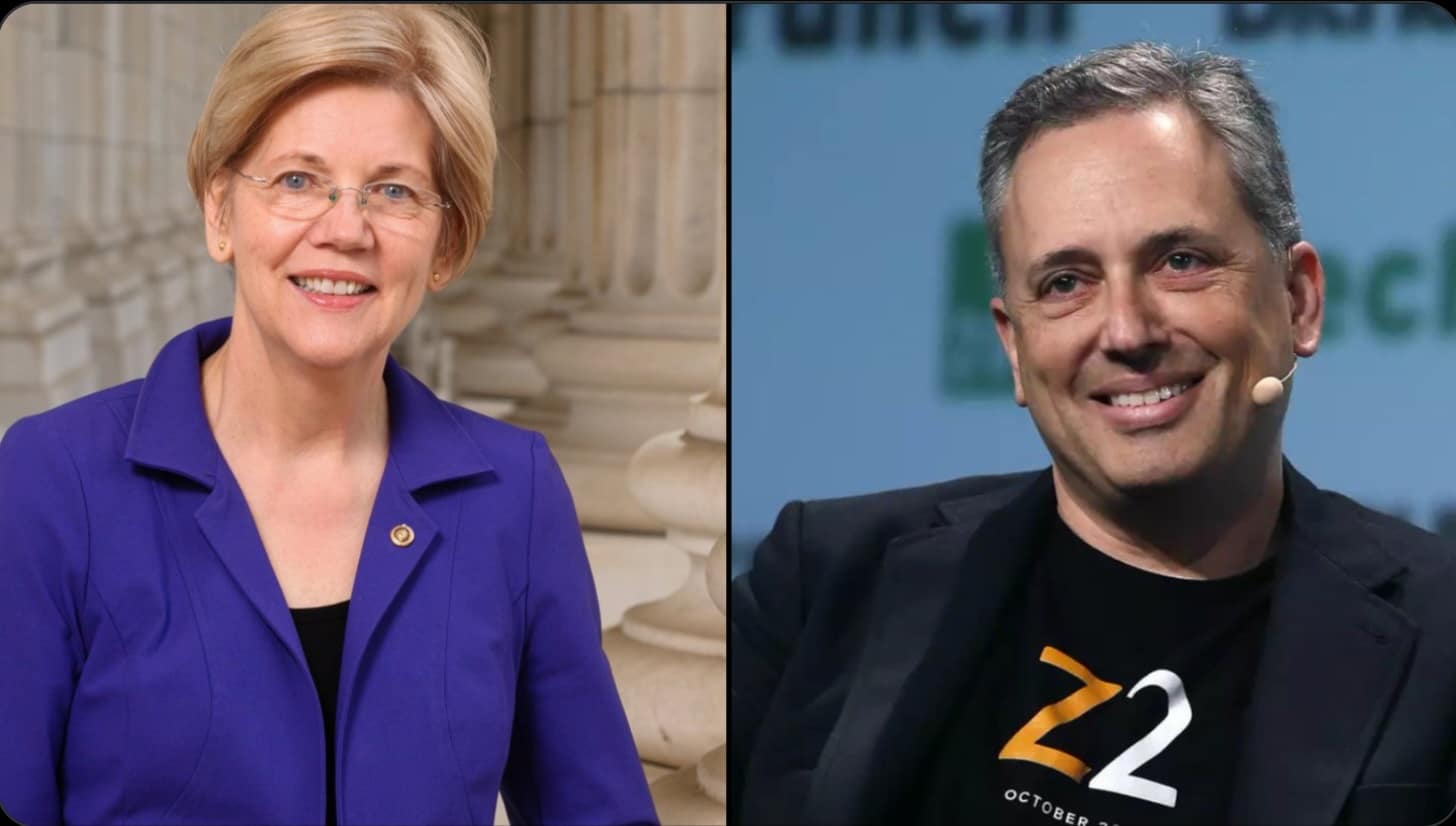Ethereum’s record highs during 2021 felt like an appetizer—a palate cleanser before Ethereum 2.0 launched in 2022 and proof of stake melted our faces off.
In the run-up to Eth2.0, we also had EIP-1559 (AKA the London Hard Fork), which began burning Ether after transactions making Ethereum slightly deflationary.
“If Bitcoin’s fixed supply is sound money, then if you have a decreasing supply, does that make us ultrasound money?” — Vitalik Buterin
It seemed like Ethereum would easily crush a $10,000 coin back then. It didn’t. In fact, Ethereum has lost 50% of its value since the debut of Ethereum 2.0.

Today, Ethereum is still lagging in price gains compared to most other altcoins, up 47% on the year, while tokens like Solana have surged 615%.
So ask yourself:
WTF Happened to Ethereum?
With the introduction of Ethereum 2.0, miners started losing large sums of money. Before Eth2, verifying the network paid miners handsomely, and they were also awarded transaction fees. Now, all ETH base fees are burned to make the network deflationary.
Can you hear those Ether tokens sizzling?
The biggest change that Ethereum 2.0 brought about, however, was destroying miners’ power in the network and giving it to people who held ETH tokens.
:format(jpg)/cloudfront-us-east-1.images.arcpublishing.com/coindesk/3SQUBZZIXJEEPBGJYEG3JEGYVE.png)
Miners used to have more power than even developers. Then poof. It was gone.
In a proof-of-work system, the more computational energy you provide, the more power you have over the blockchain. This responsibility rewards you with more Ethereum tokens; it’s also why miners pool their computational power together.
Conversely, in Ethereum’s new proof-of-stake system, the more tokens staked equate to the amount of power you receive on the blockchain.
This is amazing for non-miners like you and me. But it sparked a civil war in the mining community and, to this day, has made Ethereum more centralized (yet faster; more scalable) than it was as a Proof of Work blockchain.
DISCOVER: The Best Way to Accumulate Undervalued Ethereum in September 2024 – Beginner’s Guide
Ethereum’s Canary in the Coal Mine
Can Ethereum be censored? Yes, apparently it can.
This came to light two years ago when the US government sanctioned an Ethereum project called Tornado Cash. Tornado Cash is a “mixer,” meaning it receives users’ cryptocurrency deposits and returns them “fresh” coins that aren’t tied to the original deposit addresses. It’s good for eliminating a drug trail.
The US government was not a fan and slapped sanctions on the project, setting a precedent that if a project is doing something the US does not like, it can be censored.
It’s important to remember that while Ethereum is more decentralized than typical Web2 applications, projects can be censored if the US government doesn’t like what they’re doing.
In fact, we might someday see a censorship war—something Cardano founder Charles Hoskinson warned about—in which some projects are forced off Eth and onto other blockchains.
Is Ethereum 2.0 Worse For the Network?
We’re obviously huge fans of Ethereum. We think it’s the most important project in this space (behind Bitcoin), and are convinced that it will play a major role in evolving the web.
Eth 2 is a classic case of sacrificing status in the Blockchain Trilemma. In case you’re unfamiliar with the term, it means that cryptocurrencies must sacrifice one out of the three: 1) Scaling 2)Security 3) Decentralization.

It isn’t as fast or scalable as Solana or Sui, but it is alson’t as decentralized as Bitcoin (which is also building its own set of applications).
Being a global settlement layer with strong security is likely Eth’s best narrative. So we’ll see how much that is worth in the coming years—we still think a lot.
Disclaimer: Crypto is a high-risk asset class. This article is provided for informational purposes and does not constitute investment advice. You could lose all of your capital.
Free Bitcoin Crash Course
- Enjoyed by over 100,000 students.
- One email a day, 7 days in a row.
- Short and educational, guaranteed!
Why you can trust 99Bitcoins
Established in 2013, 99Bitcoin’s team members have been crypto experts since Bitcoin’s Early days.
Weekly Research
100k+Monthly readers
Expert contributors
2000+Crypto Projects Reviewed

















